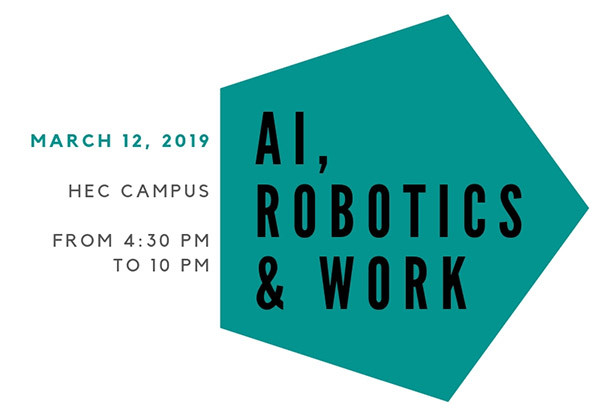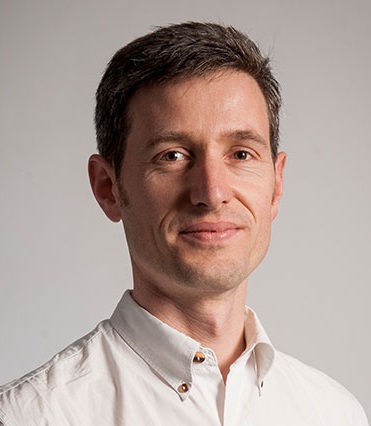What is the promise of AI and robotics for organizations and society?
Plenary Session - 20h - T206

The evening session will focus on how the promise and perils of new technologies critically hinge on the underlying organizational structure, culture and processes. We will critically examine how their impact is inextricably linked with the characteristics of the leaders, teams and organizations deploying these technologies.
This session will be moderated by Mitali Banerjee, HEC Paris professor of Strategy and Business Policy and member of S&O.
Watch the plenary session
Guest Speakers
|
Meghan Anzelc, Head of Data & Analytics at Spencer Stuart In the newly created global and firm-wide role as Head of Data & Analytics, Dr. Meghan Anzelc is responsible for building and implementing a strategy and roadmap to advance the data and analytics capabilities at Spencer Stuart. Dr. Anzelc will share her views on how artificial intelligence and robotics is currently being used in the insurance and talent industries and some of the ways in which the capabilities are likely to evolve in the near future. She will also provide thoughts on approaches search firms can take to combine the best of human expertise and judgment with data-driven decision making. |
 |
Bernard Ourghanlian, CTO & CSO at Microsoft France Bernard Ourghanlian joined Microsoft France in 1999 as the CTO and has been appointed as the CTO and CSO for Microsoft France since 2001. Bernard leads the subsidiary’s strategy for Technology and Security. Bernard is a member of the Microsoft France Executive Committee since 2008. |
 |
Bertrand Thirion, acting director of DATAIA Institute Bertrand Thirion is head of the Parietal team (Inria Saclay - Île-de-France and CEA) and . After a thesis at the Inria Sophia-Antipolis center under the direction of Olivier Faugeras, then a postdoc at the CEA in Orsay, he participated in the creation of the Neurospin research center (CEA) where he created the Parietal team. His research focuses on statistical modeling and machine learning applied to brain imaging data. He is the author of more than 200 articles and contributes to the animation of open-source software projects in Python (scikit-learn, nilearn). |
|
Serge Yoccoz, Renault Digital General Manager, Groupe Renault Born in 1959, PhD in Mathematics after graduating from Ecole Normale Supérieure-Ulm, Serge Yoccoz has joined the Renault Group in 1994. |

|
Mitali Banerjee, HEC Paris professor in Strategy & Business Policy Mitali Banerjee studies the relationship between fame, novelty and social networks of innovators. In her research she uses machine vision algorithms (neural nets) to create large scale measures of novelty for complex products such as paintings. Using such AI-based measures, she examines the relationship between the novelty and fame of producers over 90 years and 5 five languages. In a related research stream, she examines the relationship between expert vs. machine based measure of novelty. The goal of this study is to highlight how human and machine based evaluation systems interact with each other with each to aid or impede unbiased evaluation of creative output. She completed her Ph.D. in Management from Columbia Business School. She graduated Summa Cum Laude, Phi Beta Kappa with a double major in Mathematics (BS) and Economics (BA) from the University of Rochester. Before embarking on her PhD, she worked in investment banking and was a research associate in the Strategy division at Harvard Business School. |
AFTERNOON PANELS DISCUSSION
AI is reshaping numerous aspects of the labor market. Workers in the gig-economy, online job platforms, executive search and performance management are all evolving with AI.
The impact of the integration of AI and robots can be multi-faceted and change how we work, communicate, think, and even run a company.
How should businesses be structured so that they benefit from AI and robotics? What governance rules – policies, regulations, collective action- can ensure we all benefit from these technologies?